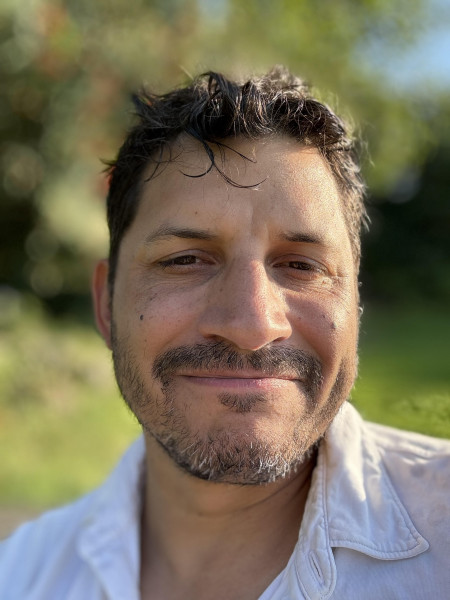
Dr Emil Dauncey
Staff Tutor In Geography
Biography
I am a Staff Tutor and Lecturer in Geography and Environmental Studies at The Open University. My research examines how care, responsibility, and ethical labour are enacted within constrained social systems, including global development, health services, and higher education. Across these contexts, I am interested in the relational work that holds systems together, and in how that work is recognised, valued, or displaced under pressure.
My research programme brings together development geography and social anthropology, using relational and ethnographic approaches to study everyday practice within institutions and communities. Rather than treating care as an abstract principle or a measurable outcome, my work attends to how care is negotiated in practice—through relationships, moral judgement, and situated decision-making.
A central anchor for this work is a long-term research partnership in KwaZulu-Natal, South Africa, where I collaborate with the NGO CHIVA, health workers, caregivers, and community organisers on paediatric HIV caregiving. This research is embedded in existing community and health systems and is co-produced with those directly involved. It provides a sustained site for understanding how care operates under constraint, and for developing relational approaches to research that prioritise trust, durability, and shared ownership of knowledge.
Alongside this, my recent work explores how automation and generative AI are reshaping authorship, expertise, and moral responsibility in development and academic work. This research contributes to wider debates on justice and knowledge production, asking how care and accountability can be sustained when professional labour is increasingly mediated by automated systems.
Earlier in my career, I conducted ethnographic research in Hausa communities in Nigeria and Ghana, focusing on masculinities, household economies, and material culture. This training continues to shape my approach to research and teaching, grounding my work in close attention to everyday life and long-term engagement rather than short-term or extractive forms of knowledge production.
I am co-editor of The Companion to Development Studies (Routledge). As a former mature student, I am committed to widening participation and to strengthening the Open University’s social mission by supporting inclusive, community-connected forms of higher education.
Publications
Book
Book Chapter
Cash Transfers and HIV Prevention in Africa (2024)
Heritage and development (2024)
Policing and development (2024)
Participatory development (2024)
Youth: Perspectives and paradigms in global development (2024)
Gender, ethical consumerism, and political participation (2024)
Technological Innovation and Development (2024)
Journal Article
Devotion: a poetic inquiry into affective infrastructure (2026)
Simulated care and moral identity: AI’s quiet unsettling of development practice (2025)